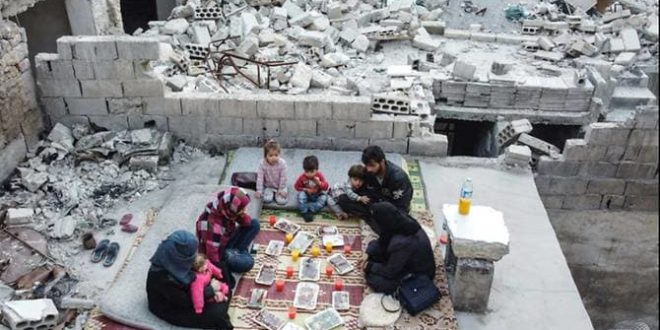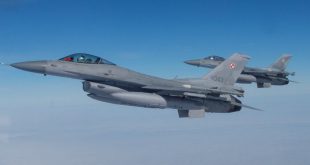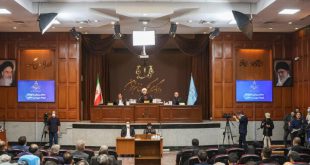Syrians in Idlib welcomed a bittersweet Ramadan this year, with the March cease-fire allowing them the chance to have a relatively peaceful holy month despite the surrounding ruins serving as a stark reminder of previous attacks from the not-too-distant past.
In Idlib city center, however, with the coming of Ramadan, steps toward normalization have started to take place despite the threat of the coronavirus. People have started once again to shop for the holy month, with bazaars being reopened and offering festive trinkets to mark the Ramadan spirit, dailysabah told. As dusk settles on the forest of gutted buildings around them, Tareq Abu Ziad and his family break the Ramadan fast on the remains of their home.
The northern Syrian town of Ariha looks like the scene of a monster earthquake, a silent grey sea of loose cinder blocks and mangled iron rods. Abu Ziad had to make a little clearing in the rubble on his roof to lay three foam mattresses for his wife and children to sit on as they share their meal, AFP reported. “Now my family and I are here on top of the destruction,” the 29-year-old father of three says.
“We are reliving a very difficult and painful memory. I pray that God doesn’t let anyone else experience this.” Abu Ziad came back last month and found a place to stay. But he wanted to share at least one iftar – the meal that breaks the dawn-to-dusk fast – where his home used to be. “Every year we used to spend Ramadan here and we wanted to spend one day of this Ramadan here,” he says. The home’s kitchen is long gone, but Abu Ziad’s mother says they came prepared. “We brought ready meals from outside,” she explains. “The most important thing is that we relive our memories and eat in our home.”
So far, since the cease-fire, about 235,000 displaced Syrians have been able to return to their homes. Mohammad Hallaj, director of Syria’s Response Coordination Group, which carries out work on migration data in the region, said last week that the displaced civilians’ return to their hometowns continued as the cease-fire held. However, since these civilians are at the risk of encountering unexploded bomb remains as well as a lack of infrastructure and basic needs, they are still in need of major humanitarian aid.

 صراط عشق صراط عشق
صراط عشق صراط عشق



